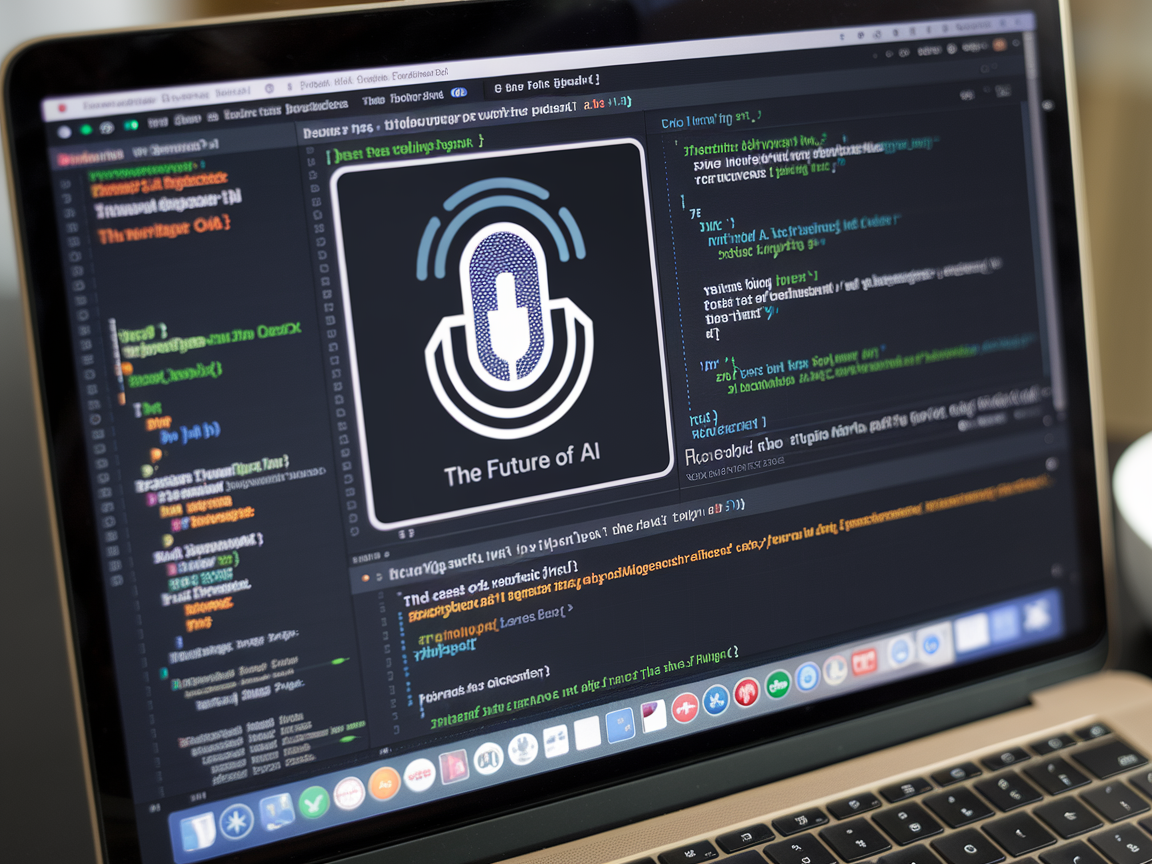
Exploring Voice Cloning Ethics with AIdeaFlow: What You Need to Know
In the rapidly evolving landscape of artificial intelligence, voice cloning has emerged as a groundbreaking technology that allows for the replication of human voices with astonishing accuracy. This innovation opens up new avenues for content creation, especially in the realm of podcasts and audio content. However, with great power comes great responsibility, and the ethical considerations surrounding voice cloning are as complex as the technology itself. In this blog post, we will explore the ethical implications of voice cloning, particularly through the lens of AIdeaFlow, a platform designed for creating AI-powered podcasts and audio content.
Understanding Voice Cloning
What is Voice Cloning?
- Voice cloning refers to the process of creating a synthetic voice that mimics a specific individual's voice.
- The technology uses deep learning algorithms to analyze and replicate vocal patterns, tone, pitch, and inflection.
- Applications range from entertainment to accessibility, but ethical dilemmas arise when it comes to consent and authenticity.
How Does Voice Cloning Work?
- Voice cloning systems typically require a dataset of audio recordings from the target voice.
- Machine learning models process this data to produce a synthetic voice that can be manipulated to produce new speech.
- The technology has improved significantly in recent years, making voices sound increasingly realistic.
The Ethical Landscape of Voice Cloning
Consent and Ownership
- Consent: Using someone's voice without their permission raises significant ethical concerns.
- Ownership: Questions about who owns a voice and can grant permission for its use are still being debated.
- Legal Implications: Current laws may not adequately protect individuals from unauthorized use of their voice.
Misuse and Misrepresentation
- Deepfakes: Voice cloning can be used to create misleading audio clips that can harm reputations.
- Fraud: Criminals may use cloned voices for impersonation scams, leading to financial and emotional damage.
- Public Trust: As cloned voices become indistinguishable from real ones, public trust in audio content may erode.
The Role of AIdeaFlow in Voice Cloning Ethics
AIdeaFlow Overview
- AIdeaFlow is a platform that enables users to create AI-powered podcasts and audio content with ease.
- The platform incorporates voice cloning technology to help content creators enhance their audio offerings.
- AIdeaFlow aims to revolutionize the way audio content is produced and consumed.
Ethical Guidelines by AIdeaFlow
- AIdeaFlow emphasizes the importance of ethical usage of voice cloning technology.
- The platform encourages users to obtain explicit consent before using someone's voice for cloning.
- AIdeaFlow maintains transparency about how voice cloning technology is used in its services.
The Benefits of Voice Cloning Technology
Accessibility
- Inclusivity: Voice cloning can help create content for individuals with speech disabilities.
- Personalization: Customized voices can enhance user engagement in various applications, including education and entertainment.
- Cost-Effective: Voice cloning can reduce the need for professional voice actors in certain scenarios.
Content Creation
- Efficiency: Voice cloning can speed up the content creation process, allowing for rapid production of audio material.
- Diverse Voices: Creators can feature a range of voices without needing to hire multiple voice actors.
- Global Reach: Cloned voices can be adapted for different languages and accents, broadening audience reach.
Challenges in Voice Cloning Ethics
Regulatory Framework
- Existing Regulations: Many countries lack comprehensive laws governing the use of voice cloning technology.
- Need for Guidelines: There is a pressing need for industry-wide standards to ensure ethical practices.
- Global Disparities: Different regions have varying legal approaches to voice cloning, complicating international operations.
Educating Content Creators
- Awareness: Many creators may not fully understand the ethical implications of using voice cloning.
- Training: Platforms like AIdeaFlow could offer resources and training on ethical practices.
- Community Engagement: Encouraging discussions within the creator community about ethical considerations is essential.
The Future of Voice Cloning Ethics
Innovations in Technology
- Responsible AI: The future of voice cloning may involve advanced algorithms that prioritize ethical considerations.
- Transparency Features: Future technologies could include built-in features to disclose when a voice is cloned.
- User Control: Innovations may allow individuals to control how their voice is used and by whom.
Building Trust with Audiences
- Transparency: Content creators should disclose when they use synthesized voices in their work.
- Quality Assurance: Establishing quality controls can help prevent the misuse of voice cloning technology.
- Engagement: Open conversations with audiences about voice cloning can foster trust and understanding.
Conclusion
As voice cloning technology continues to advance, it is crucial to navigate the ethical landscape carefully. Platforms like AIdeaFlow are at the forefront of this conversation, promoting responsible practices while leveraging the benefits of AI-powered audio content. By emphasizing consent, transparency, and education, we can harness the power of voice cloning while ensuring that ethical considerations are prioritized. As we move forward, it is incumbent upon creators, developers, and users alike to engage in ongoing discussions about the ethical implications of this powerful technology. The future of voice cloning is bright, but it must be approached with caution and respect for the voices it aims to replicate.